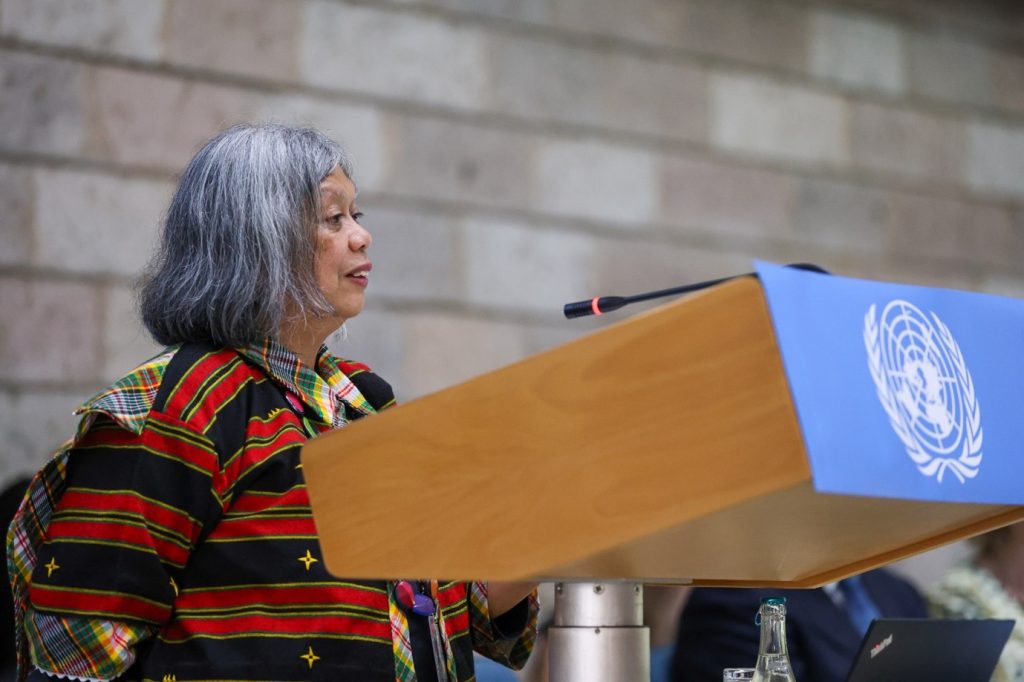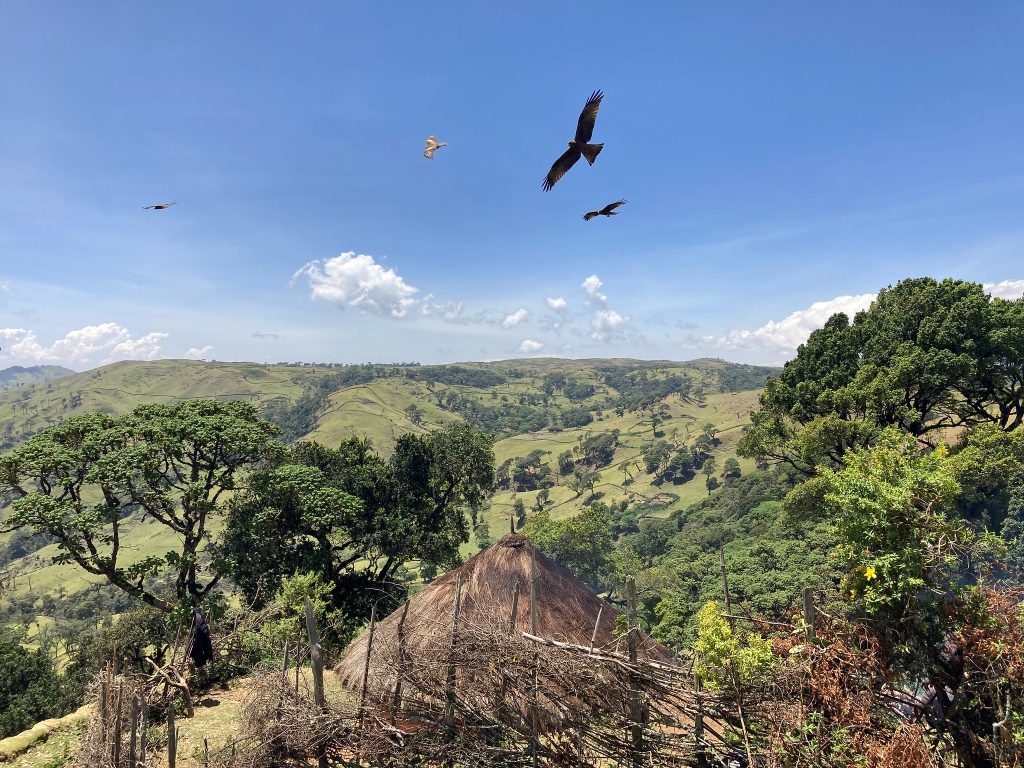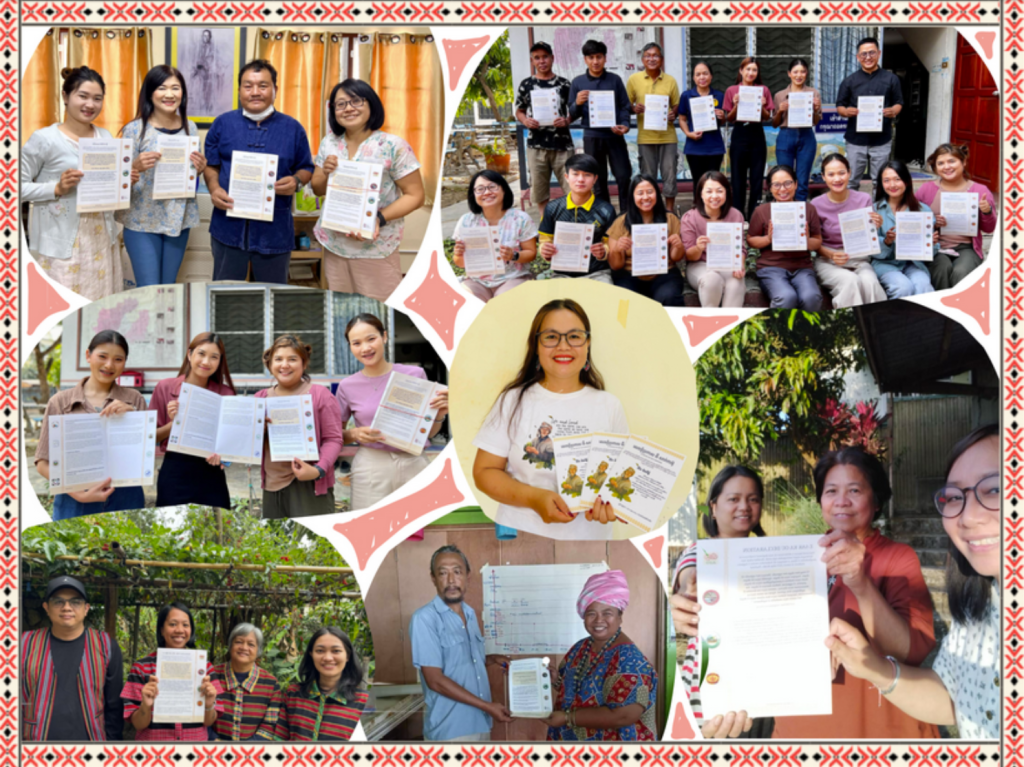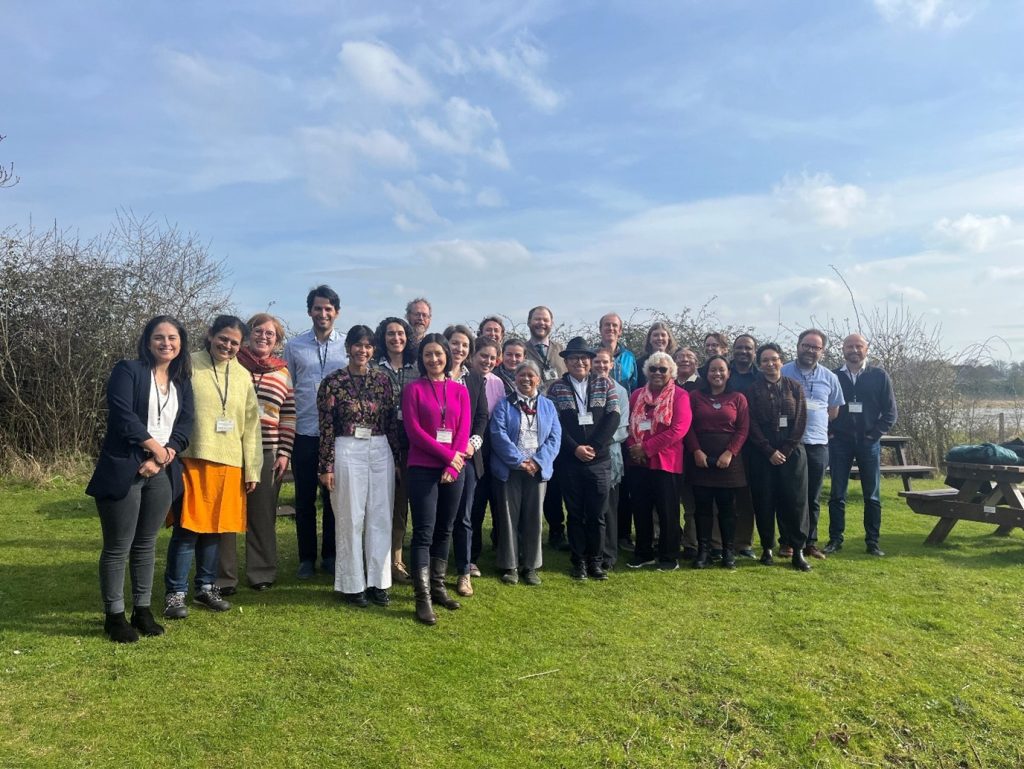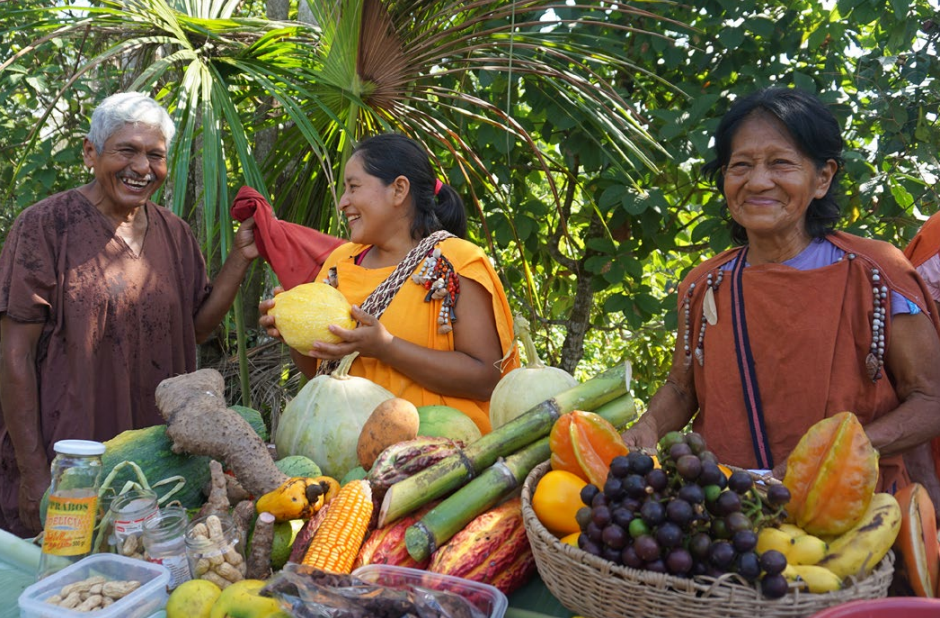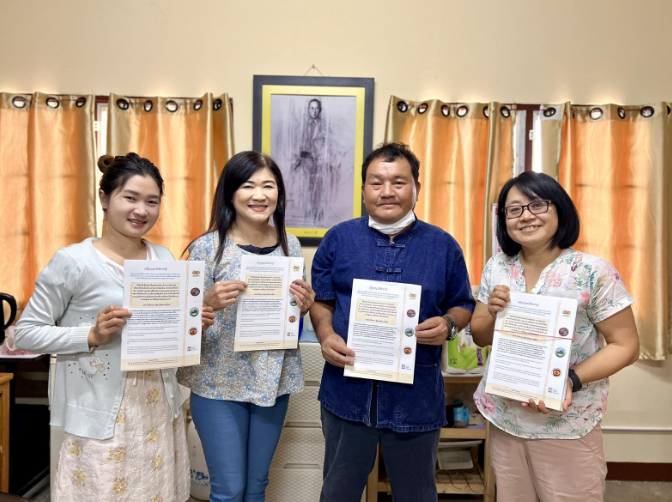International processes play a crucial role in shaping policies and practices at all levels related to biodiversity conservation and the rights of indigenous peoples. A key international process for this initiative is the United Nations Convention on Biological Diversity (CBD).
This project will focus on embedding recognition and support for indigenous peoples and local community actions into every level of the implementation and monitoring of global the CBD process and commitments, and in participation in national planning and monitoring.

Members of the Transformative Pathways project travelled to Thailand for the annual meeting. Photo by FPP.
Dashed line
Activity
Further info
To complement this work, the project also engages with the International Union for Conservation of Nature (IUCN), a group of government and civil society organizations that work to advance the conservation of nature.
Other key collaborations are with the Intergovernmental Science-Policy Platform on Biodiversity and Ecosystem Services (IPBES), which functions as a policy platform into the CBD, as well as the Centrers of Distinction on Indigenous and Local Knowledge (COD-ILK). This last organization is a network of indigenous leaders, experts, professionals, and allies that promote the value of the knowledge of indigenous peoples and local communities (IPLCs) in science and policy.
The project also provides networking and technical support for the International Indigenous Forum on Biodiversity (IIFB), who are the representative forum for indigenous peoples within the CBD processes and who manage to insert the recognition of indigenous peoples and local communities’ rights in the recently established Kunming-Montreal Global Biodiversity Framework (GBF).
At a global level, the GBF provides strong foundations for the work of this project, but the way the framework is translated onto a national, regional, and local level needs further support. Effective implementation of these frameworks requires the active involvement of indigenous peoples and strong commitments from governments and other stakeholders to ensure that their rights and contributions are acknowledged and upheld.
This project supports international engagement by indigenous peoples’ representatives. This complements the ongoing work at the international level required to complete and support the monitoring, reporting, and verification of the GBF framework.

